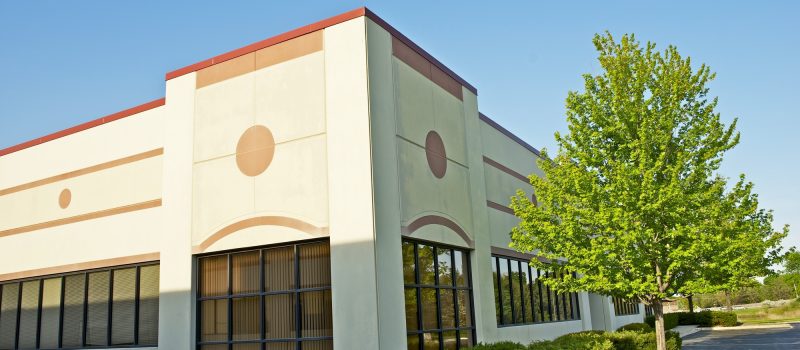Now is the perfect time to buy commercial real estate as the market stabilizes. The retail commercial property sector alone is at the highest its been since 2014, totaling $20.7 billion.
Is your business ready to buy commercial property? Your business has the potential to benefit and grow from the investment.
Before you take the jump from leasing to owning, there are 5 things you need to consider. Use this handy guide to help you through the process of buying commercial real estate.
1. Location, Location, Location
You need to consider the desirability of the property now and moving into the future. The ideal property today may not be so good 3, 5, or 10 years down the line.
The property for your business should be in an ideal location for your employees to commute to. It also needs to be within a good distance from suppliers and customers.
Look to the neighborhood and infrastructure surrounding the property. Check that the utilities are connected and ready for implementation.
The neighborhood you pick will say a lot about your business. Should your business be in an industrial area or a shopping district?
Also look at new development. Is the area up and coming or stagnant when it comes to new building construction.
Are the surrounding property values rising or falling? Look at what the surrounding commercial properties are selling for. This will give you an idea if the area is smart to invest in.
2. Budget
It doesn’t matter how smart the commercial property investment is, if it puts your company at risk financially, it isn’t worth it. Do you have enough cash to afford the down payment?
You don’t want to buy commercial real estate if the down payment takes away too much from your liquid assets buffer. This money should be available for day to day operations of the business.
Create a budget for the long term. Many businesses find that leasing is cheaper in the short term.
Long term though, owning can be the cheaper option. This lets you be in total control of the management and development of the property.
Don’t forget to think about hidden costs. This could include taxes, insurance, or maintenance.
By working with this company you can figure out how much you can afford. They can explain the different financing options available for your investment.
Plan for any additional costs that you may incur during the moving of your business. Will you need to purchase new furniture or equipment?
3. Allowed Use and Limitations
Don’t make the mistake of buying commercial property that you can’t use. Before you invest, look at the zoning.
This will tell you what general purpose of the property can get used for. You will find generic definitions of use such as residential housing, commercial, or industrial.
Then you need to look at any private covenants that might apply to the property. These are contracts between property owners defining specific uses that are allowed or not. They will usually limit the type of business that can go into neighboring properties.
Once you know the allowed property use works for your company, does the property work for your needs? You need a building and property that is big enough to house your business with room to grow.
This could be a building with extra space. It could also mean there is additional property you can expand to.
Do you need the property to have parking, elevator, or loading dock? Use a checklist of needs for your company to ensure the property will work for your business.
4. The Condition of the Property
You need to consider the condition of the property before purchasing commercial real estate. Look into what the property was used for and how long it was used.
This will let you know what potential repairs and updates you may have to do in the future. It will also help you determine the potential resale value for the day you decide you sell.
The condition of the property will also tell you if it can get rented out. This will help you recoup some of your investment.
When looking into the condition of the property, check that there is no litigation on the property. This includes both current and previous litigation.
If you do find litigation, you can use this to re-negotiate the terms of the sale. You may also find that the litigation isn’t worth trying to buy the property.
5. Worth the Risk
Buying commercial property brings a certain amount of risk. The question is can your business sustain the risk.
You can mitigate the risk by doing your due diligence. Then compare the worst case scenario against the amount of risk your business can handle.
If investing in the property puts your company at risk of failure, do not invest. If the property puts your business at a slight risk, then it might be worth investing in.
Buy Commercial Property
If you decide it is time for your business to buy commercial property you need to consider these 5 factors. First, decide where is the best place to look for your property.
You want a place that is close to your suppliers and customers. You also want to be in an area that is not in decline.
Use a budget to help you narrow down your search. This is also a good time to make sure your business can afford this type of investment.
Once you find a piece of property that you like, you need to look at the allowed use and condition. This will tell you if the property will work for your business’s needs.
Check out our blog for more useful business resources.

